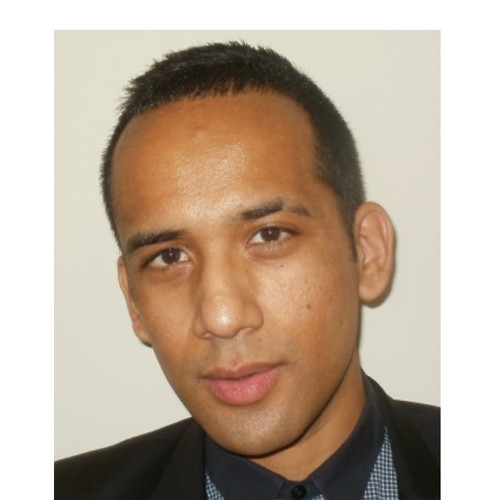When: Wednesday 10th May 2023
Time: 5pm to 7pm
Platform: Zoom
To book your space please visit our Eventbrite page here.
Speakers:
- Dr. Paula Murphy, Consultant Forensic Psychiatrist, John Howard Centre, East London NHS Foundation Trust
- Dr. Vivek Bisht, Consultant Forensic Psychiatrist, Locum (North East London NHS Foundation Trust)
- Dr. Rachel Proctor ST6 Forensic Psychiatry (Barnet, Enfield and Haringey NHS Trust)

Dr Paula Murphy

Dr Vivek Bisht

Dr Paula Murphy
Paula Murphy is Consultant Forensic Psychiatrist at St Andrew’s, Northampton where she works in the women’s service in a medium secure unit.
Paula did her forensic psychiatry training at the Maudsley in London. She is an elected member of RCPsych Forensic Psychiatry Faculty Executive. She holds a Masters in Public Health/Health Services Management from the London School of Hygiene and Tropical Medicine.
Her interests include clinical leadership and mental health policy and research. She was a Prepare to Lead candidate in 2010/11 and a NICE Scholar in 2014/5.
She is currently co-editing a handbook on Clinical Leadership and Management for Oxford University Press, in association with the Faculty of Medical Leadership and Management.

Dr Vivek Bisht
Fully registered Medical Practitioner with the General Medical Council and hold a Bachelors’ Degree in Science, Medicine and Surgery.
Member of the Royal College of Psychiatrists, with Masters and Diploma in Forensic Mental Health from St George’s University of London.
Approved by the Secretary of State as a Practitioner who has an experience in the diagnosis and treatment of mental disorders under Section 12 (2) of the 1983 Mental Health Act (amended in 2007).
Approved Clinician under the Mental Health Act 1983 Approved Clinician Directions 2008 and is on the Specialist Register of the General Medical Council, UK V
Clinical expertise in the assessment and management of psychiatric disorders (including schizophrenia, affective disorders, personality disorders and substance misuse). Dr Bisht has particular interest in assessment of sexual offending and mental disorder after having worked at Sex offender service at Shaftesbury Clinic, South London. He is trained to conduct risk assessments like Risk for Sexual Violence Protocol (RSVP) and Risk Matrix (2000).
Experience of working in forensic secure settings at all levels of security, including Broadmoor High Secure Hospital and prison psychiatry having worked in HMP Feltham Young Offenders’ and HMP Wandsworth.
Experience in providing medico-legal reports for criminal, civil and family matters, including appearances as an expert witness (including the Central Criminal Court).
Dr Bisht has completed all the relevant Bond Solon Expert Witness training & is awaiting his Criminal Expert Certificate from Cardiff University Law.
Overview:
Filicide, or the killing of one’s child, can be traced back through the centuries. Under the Roman law of ‘Patria Potestas’, fathers were given the right to commit infanticide, but it was a punishable act for mothers. The term the ‘Medea Complex’ was coined by Stern in 1948 and denotes spousal revenge. It originates from the Greek play ‘Medea’ by Euripides, which describes the story of a jealous wife who punishes her husband by killing their children.
Over the years, various typologies have developed to describe the characteristics of the perpetrators of filicide and their victims, and a plethora of theoretical knowledge exists.
There is little written however on the practicalities of managing mentally disordered offenders who commit filicide. Clinically, these patients are often treatment responsive, rapidly responding to medical treatment, only to be faced with the reality of what they have done.
The particularly emotive nature of their offence presents with unique set of challenges for treating teams. These include managing the interpersonal dynamics on a ward, the media interest which surrounds the case and rehabilitation back into the community.
This symposium will provide a background to filicide, with a particular focus on perpetrators with mental illness.
Through case vignettes, complex cases will be discussed and in particular our experiences of managing the practical difficulties for which no guidance exists.
Research can transform lives. We want to support discoveries about what helps people with mental disorder who have been victims of criminal behaviour, or perpetrators of criminal behaviour, and their families, and the clinicians and others who treat them and, indeed, the wider community when its members are in contact with these problems. More effective prevention is the ideal, when this is not possible, we need more effective, evidenced interventions for recovery and restoration of safety.
Please help us by donating to Crime In Mind – DONATE TO CRIME IN MIND HERE

